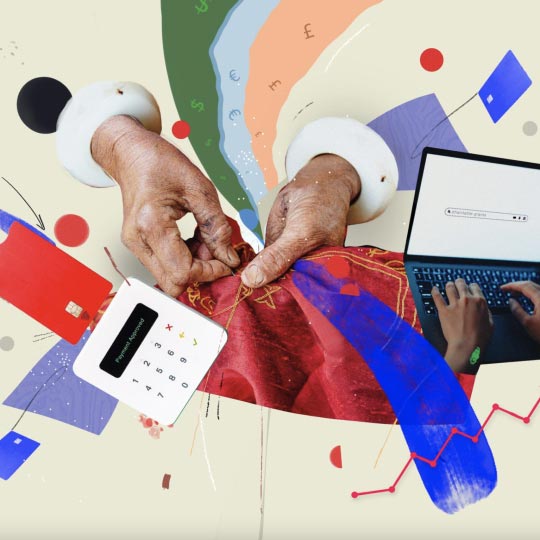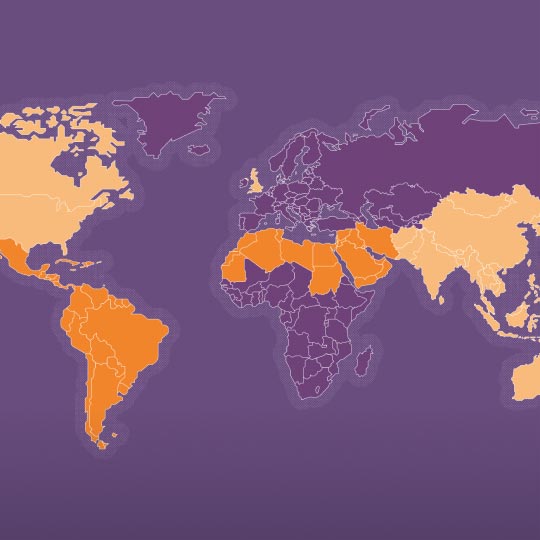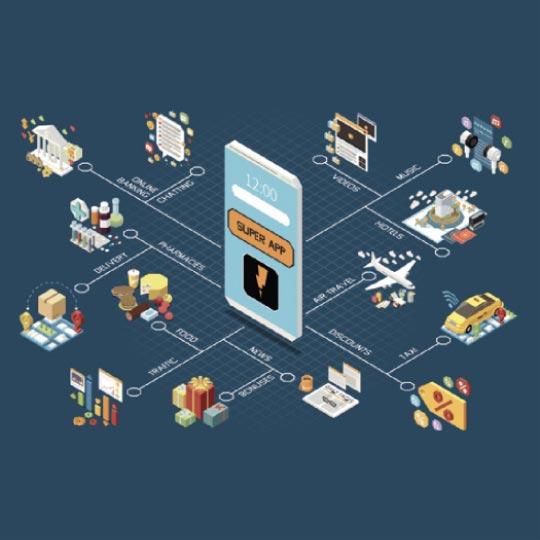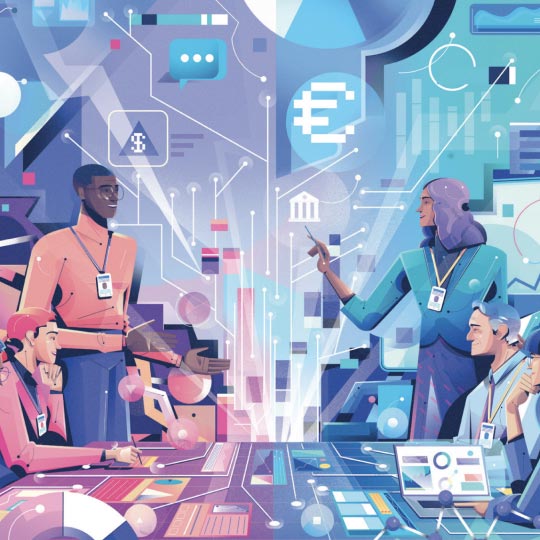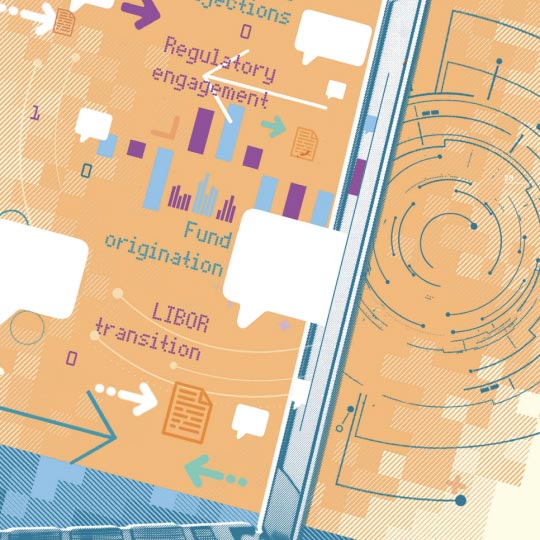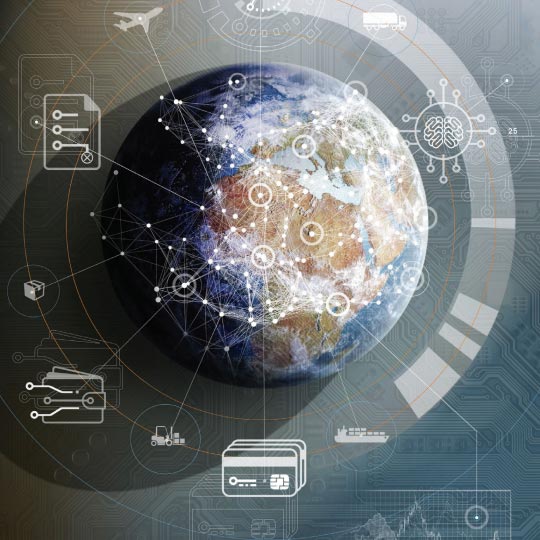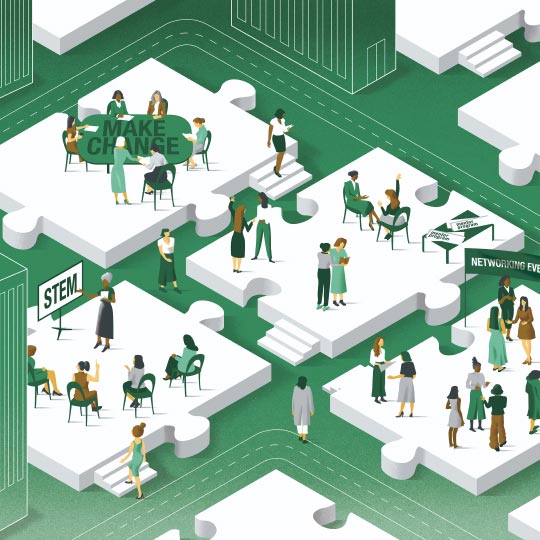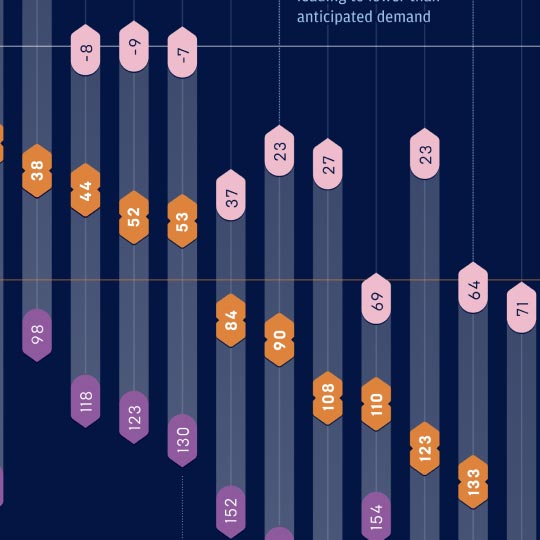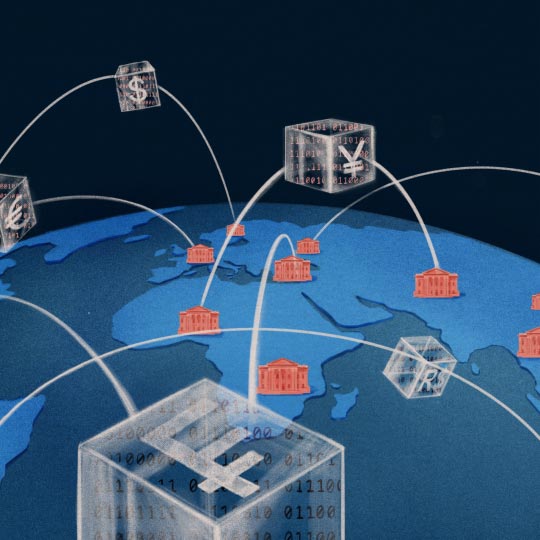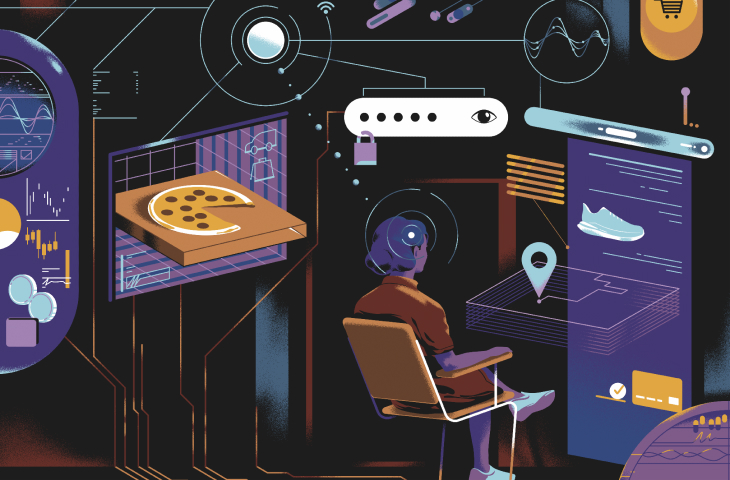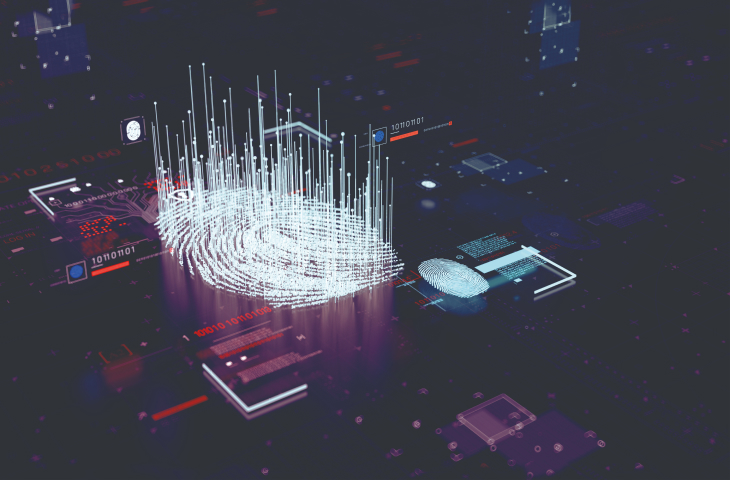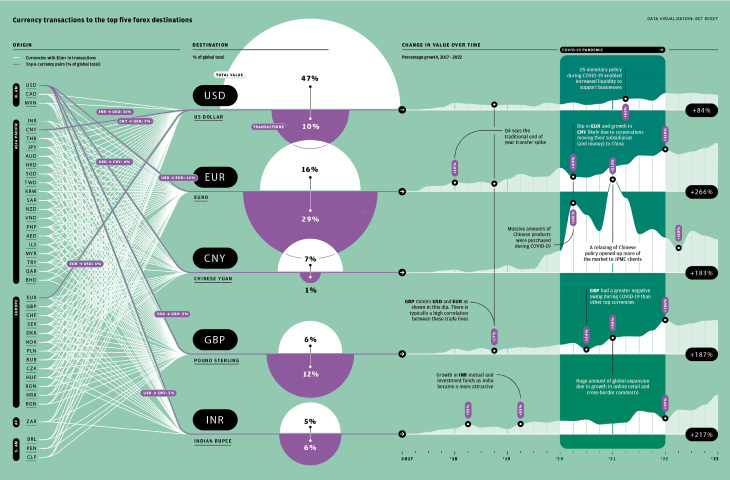For Companies and Institutions
-
Commercial Banking
We provide credit, financing, treasury and payment solutions to help your business succeed. We also offer best-in-class commercial real estate services for investors and developers.
-
Global Corporate Banking
We help clients achieve their long-term strategic goals through financing, liquidity, payments, risk management and investment banking solutions.
-
Investment Banking
Providing investment banking solutions, including M&A, capital raising and risk management, for a broad range of corporations, institutions and governments.
-
Institutional Investing
We support the entire investment cycle with market-leading research, asset management, analytics, execution, and investor services.
-
Payments
Your partner for commerce, receivables, cross-currency, working capital, blockchain, liquidity and more.
Key Links
For Individuals
-
Wealth Management
With J.P. Morgan Wealth Management, you can invest on your own or work with an advisor to design a personalized investment strategy. We have opportunities for every investor.
-
Private Bank
A uniquely elevated private banking experience shaped around you.
Explore a variety of insights.
Key Links
Insights by Topic
Explore a variety of insights organized by different topics.
Key Links
Insights by Type
Explore a variety of insights organized by different types of content and media.
Key Links
We aim to be the most respected financial services firm in the world, serving corporations and individuals in more than 100 countries.
Key Links
- Payments
- Payments Unbound
- Payments Unbound - The digital magazine
- Payments Unbound Articles
- Conversational Analytics' Role in Corporate Treasury
Featuring future-thinking clients
Payments Unbound unites clients from a wide range of industries to bring you innovative insights that help you navigate the future of payments.
“Conversational analytics” is the next frontier in payments
IDEAS BANK
Last summer, researchers from Harvard Business School conducted an experiment1 with consultants at a major professional services firm. Participants were given 18 different tasks designed to mimic work at a top consulting company. The consultants using generative artificial intelligence (AI) outperformed their colleagues by every measured metric, completing tasks, on average, 25 percent quicker while producing 40 percent higher-quality results.
The ability for generative AI to help solve domain-specific corporate problems through a natural language interface creates obvious opportunities. One that is attracting particular interest is the notion of “conversational analytics”—using plain language to query data, create reports, or run complex analysis without having to write code or use technical software.
Conversational analytics is potentially a powerful tool for payments professionals. “The idea is to train generative AI to be part of a corporate treasury team,” says Tony Wimmer, Head of Analytics and Insights at J.P. Morgan Payments, who is building a conversational analytics assistant for corporate treasurers. “We want to engineer it to understand the job of a treasurer. So when the treasurer asks certain questions, it knows the right answer.”
Tools like this may also let corporate treasurers with no coding knowledge instantly translate plain language questions into the equivalent database queries, gaining insights—complete with accompanying charts and graphs—that it might currently take data analytics teams many days to produce.
These tools will continue to evolve. Key players in the tech industry envision a new kind of AI assistant, often referred to as an “AI agent,” that can not only operate as described above, but also carry out multi-stage actions autonomously. One company founded by AI industry veterans recently launched an AI agent that can perform office tasks such as reading and replying to users’ emails; another new start-up has showcased an agent that can handle many of the tasks of a software engineer, fully managing coding projects from writing to deployment. One can imagine potential applications of AI agents for treasurers: Perhaps it could optimize cash flows, troubleshoot accounting problems, or simply look after everyday admin.
The technology is not perfect. Generative AI is prone to “hallucinations”—errors, essentially—and these tools will need to be rigorously tested and monitored by humans as they evolve. And whether you think we will ever see general-purpose AI agents that can function as a true, fully fledged “co-worker” is largely a matter of whether you think AI will come to match human intelligence. But it doesn’t seem like a stretch to imagine that, for certain professions and tasks, we may have specialized agents who can lend support. And it seems like even less of a stretch to imagine conversational analytics going mainstream in a way that lets payments professionals work more effectively.
“If we get this right, then that’s the productivity gain that people are currently talking about,” says Wimmer. “Then humans can focus on the more value-adding tasks of making decisions, aligning people, driving culture, solving organizational issues: The things that really only humans can do.”
By Wired
SOURCES: AS PER WIRED, MAY 2024
FUTURE CAPABILITIES OF CONVERSATIONAL ANALYTICS ARE UNDER DEVELOPMENT; FEATURES AND TIMELINES ARE SUBJECT TO CHANGE AT THE BANK’S SOLE DISCRETION.
ILLUSTRATION: GARY NEILL
MAGAZINE
Volume 5: Game Changer Volume 4: Ready Payer One Volume 3: Bank to the Future Volume 2: The New World of Commerce Volume 1: The Money Revolution Browse all articlesWEBINARS
View all webinarsYou're now leaving J.P. Morgan
J.P. Morgan’s website and/or mobile terms, privacy and security policies don’t apply to the site or app you're about to visit. Please review its terms, privacy and security policies to see how they apply to you. J.P. Morgan isn’t responsible for (and doesn’t provide) any products, services or content at this third-party site or app, except for products and services that explicitly carry the J.P. Morgan name.



